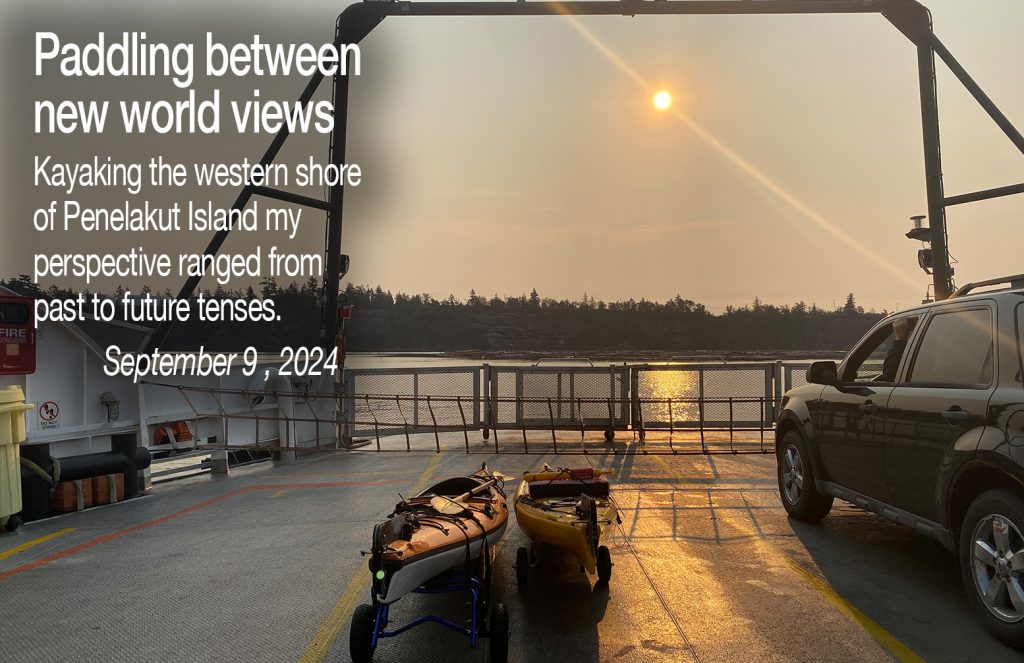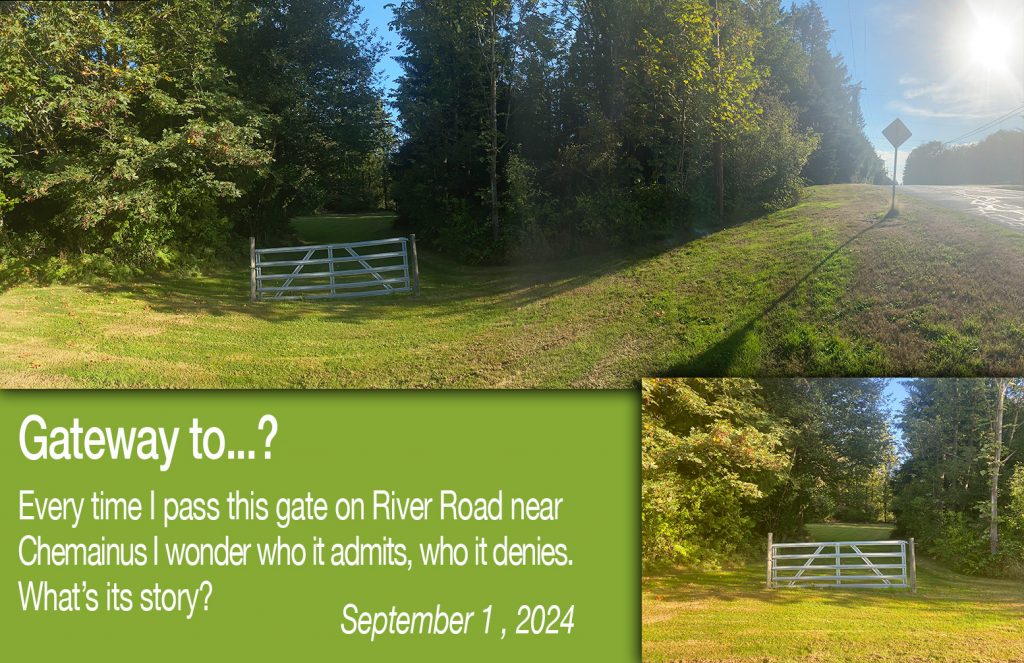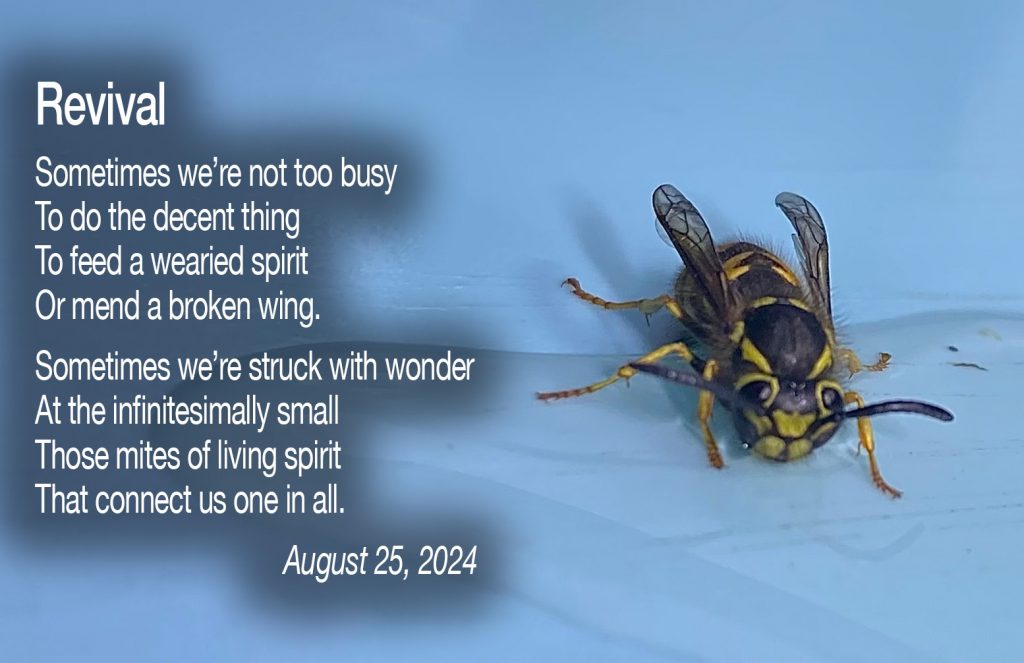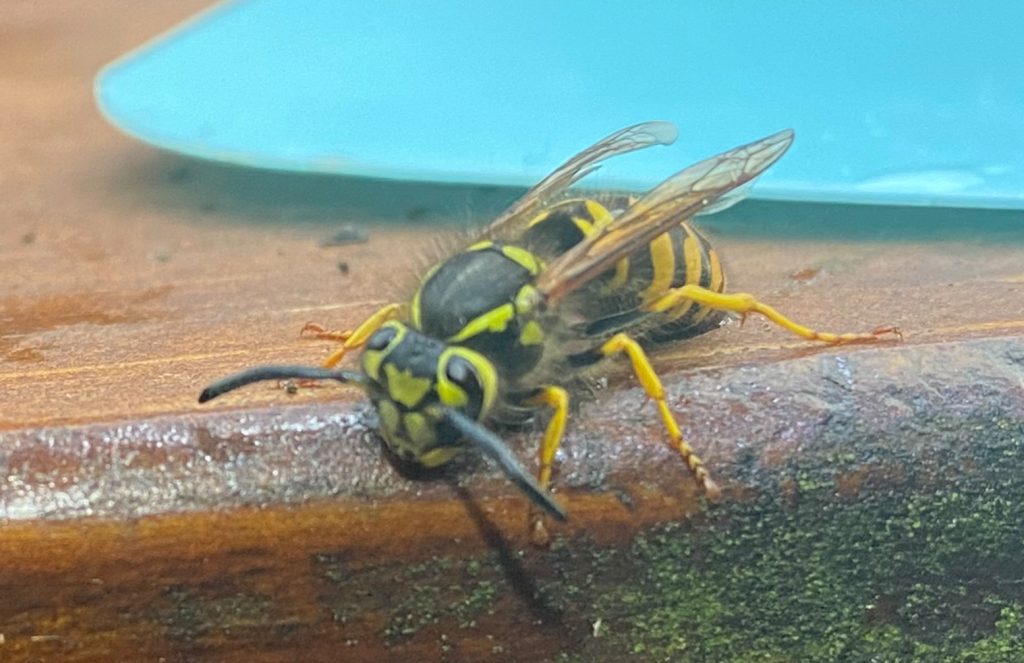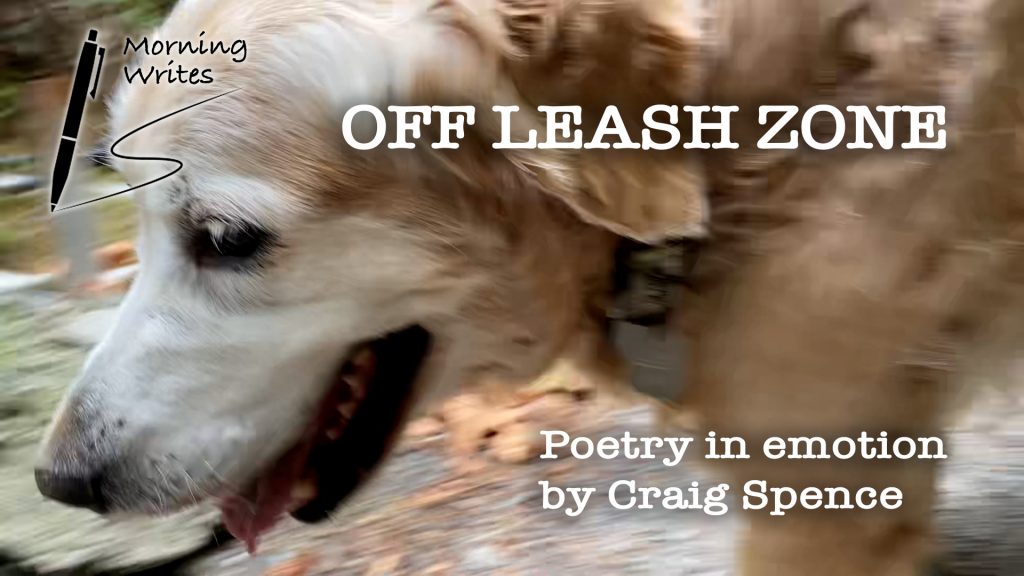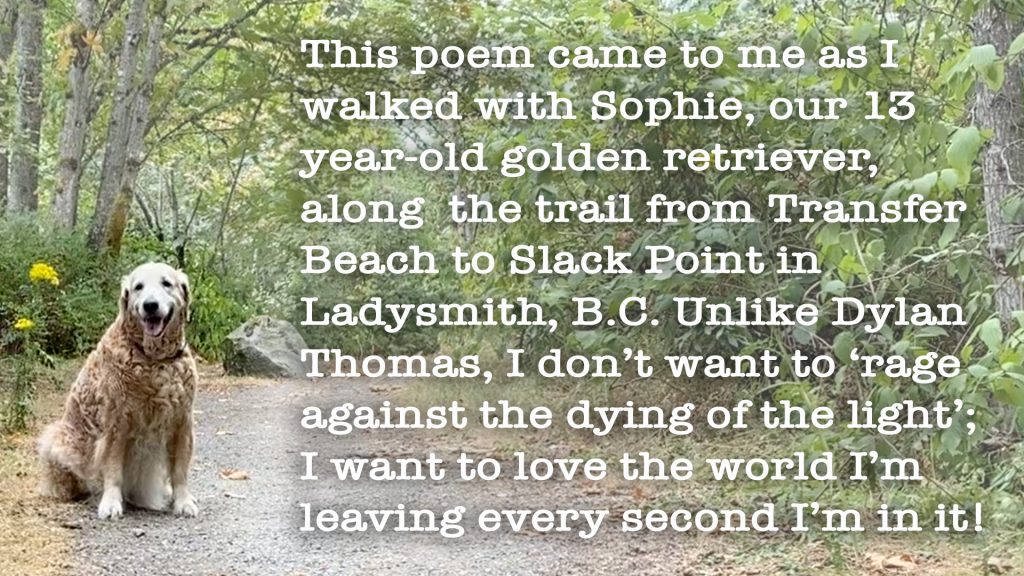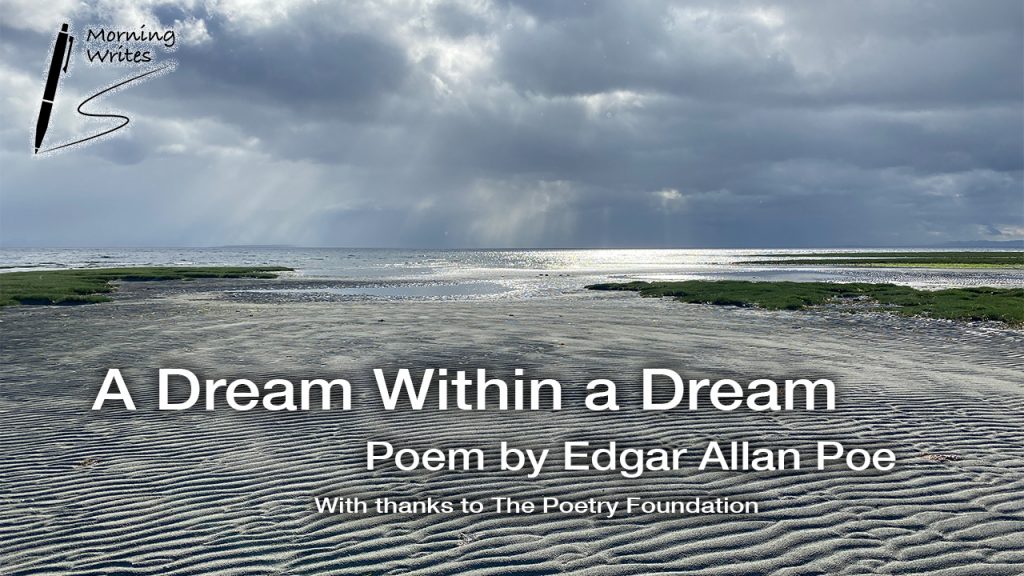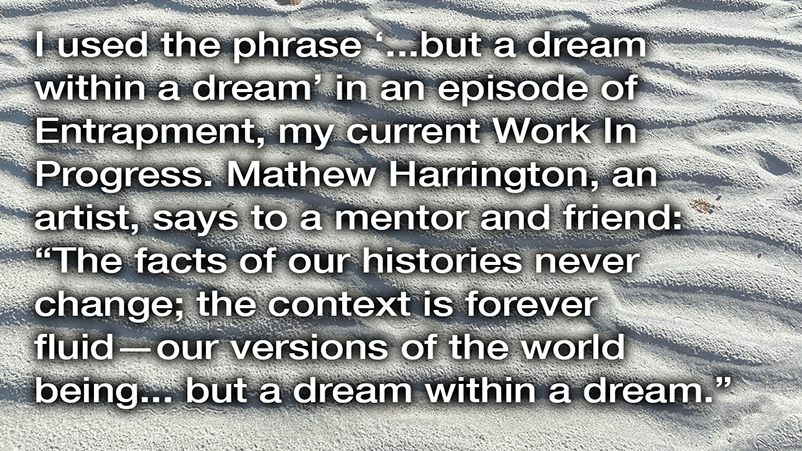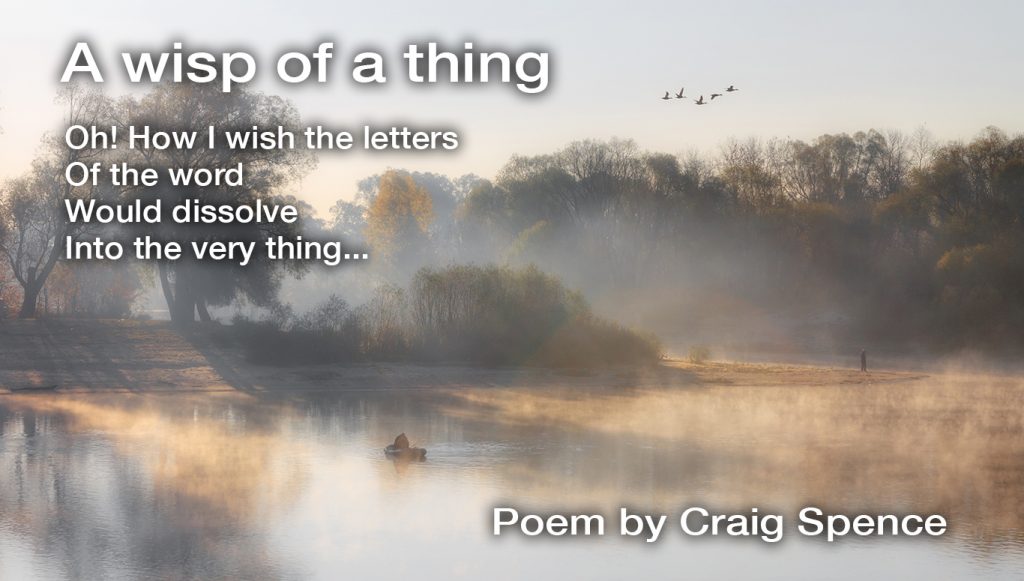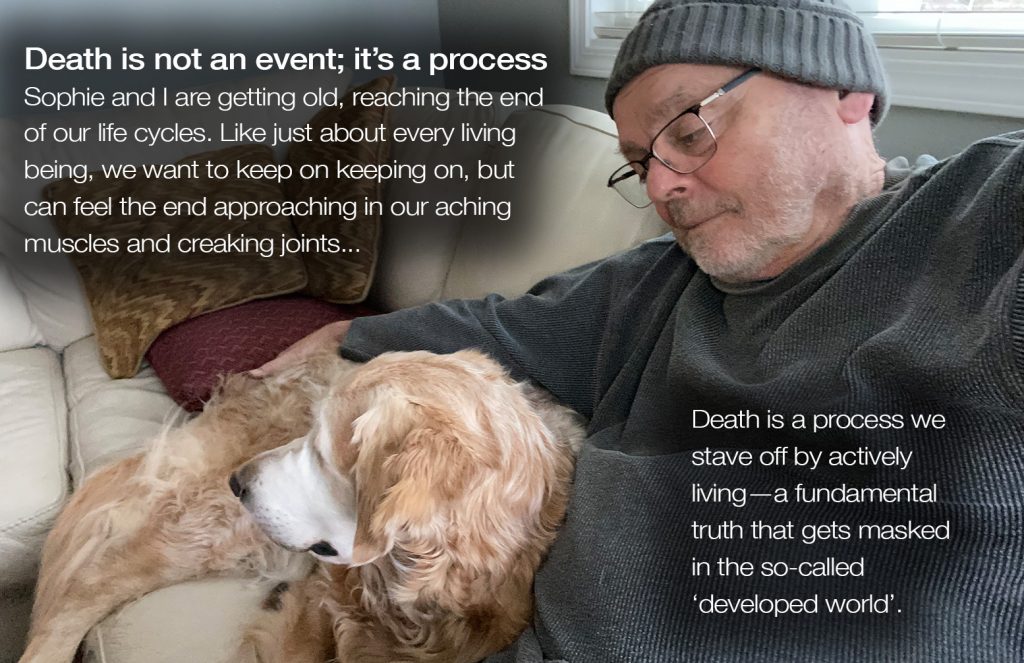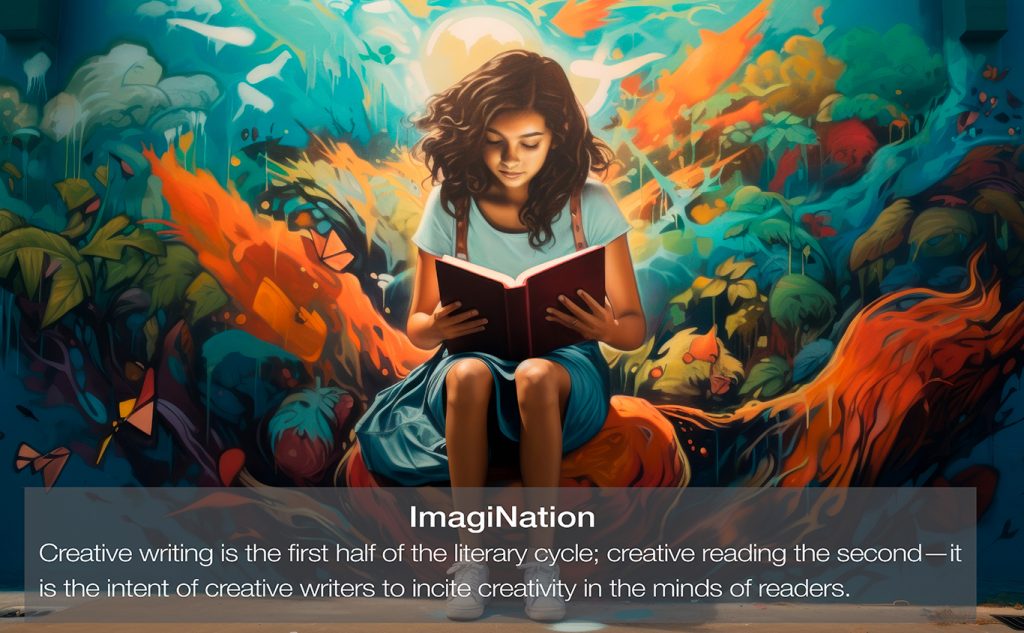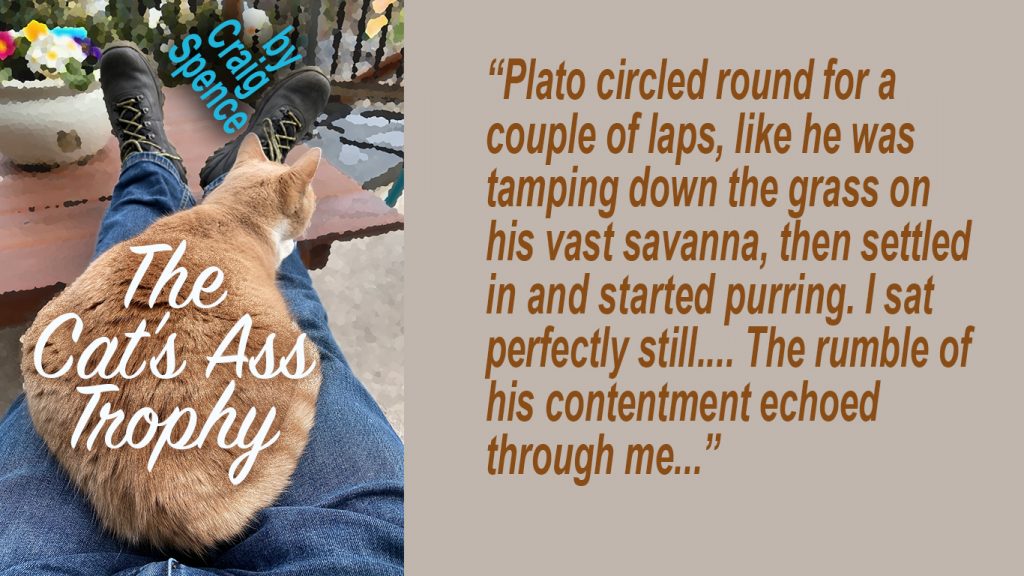
“Help! I can’t move my legs!”
Taken out of context, I can understand how that plea might trigger thoughts of collapsed mines, bombed out apartment buildings, avalanches or any number of natural and man… er, human made catastrophes. You could add car crashes to the list, strokes, falls off ladders, the tally goes on.
That’s not what I intended, though, lounging in one of the blue plastic Cape Cod chairs out on our back deck, watching the progress of another home run for God arcing through the infinity of blue sky over Mount Brenton.
“You weren’t thinking at all!” was how Ashley put it. “You scared the crap out of me!”
Actually, I’d been thinking about a lot of things, before Plato came along and jumped onto my lap. Good thoughts, mostly, about how lucky I am to be living my retirement era in Chemainus. As suburbs go, Cook street rates pretty good. It’s got a crime rate that flat lines somewhere near zero, there’s not a single traffic light in town, strangers wave and say hello on the street and in the aisles of the Country Grocer store, and it’s located in the mild temperate zone of Southeast Vancouver Island—accurately fabled as a bit of paradise afloat on the Salish Sea.
There’s some irredeemably grouchy types who grumble in their coffee mugs down at Nic’s Café that the best thing about Muraltown is it’s within easy driving distance of Nanaimo in one direction, Victoria in the other. I say to them: If you can afford a patch of turf in either of those two places bigger than a dish cloth, go for it. I’m happy where I am.
I was especially happy to be out on the back deck that day.
Not that I don’t like company. I do. And I really like Serena, even if she is smarter than me and can’t help delving excitedly into the details about her research into ‘mitochondrial DNA and the role it plays in aging and degenerative diseases’. She’s ‘good people’, our niece. And my wife’s good people too. But put them in the same room, and you might as well stick your head inside a beehive, the way they natter. A quiet guy like me can’t get a word—or even a thought—in edgewise.
That’s why I retreated out onto the back deck. Once they’d talked their ways through the agony of childbirth, how to get your lemon poppyseed muffins out of the tray, the best deals to be had at the hospital auxiliary thrift shop, and so on, I decided it was time to take out the recycling and stop off on the way back for a snooze in the waning light of a balmy spring afternoon, while they continued with the task of sorting through the family photo albums.
“Oh look, there’s you uncle Martin, fifty pound lighter, with hair and no wrinkles!” “Aw! There’s Panda. Remember the time he ate your socks and we had to watch like expectant parents for him to poop them out.” “Auntie Ash, you were such a hippie. I love that dress, and the army boots are ever so chic! Ha, ha, ha!” “The Half-Lemon! Oh My God, we actually drove around in a yellow VW beetle? Look at the price of gas… 48 cents a gallon! Christ, they don’t even mint pennies anymore, and gas is measured out by the litre.”
Even though I was happy for them, I have to admit to being pinpricked by envy, watching Ash and Serena babble on like partners at a quilting bee. I’m not a feminist or anything, but I was thinking, if more men could get themselves into that head space, there’d be fewer Putins in the world, and the people of Ukraine might not be suffering through a senseless armageddon, watching their cities getting pummelled into dust like 21st Century Sodoms and Gomorrahs. I’m ashamed of my male gender sometimes. Wish I could have a bit less Y in my jeans and a bit more ‘Why?’ in my brain.
We have strange thoughts in that fantastical zone between awake and asleep. There I was, reclining in the Cape Cod chair out on the back deck, the brilliant sunshine lighting up the inside of my eyelids like lava lamps when, plop, Plato landed on my lap.
Cat’s paws are the closest thing I can imagine to an angel alighting… until they begin kneading that is, their claws tugging at your clothing and pricking your skin. Plato circled round for a couple of laps, like he was tamping down the grass under a tree on his vast savanna, then settled in and started purring. I sat perfectly still, trying to make my bony thighs soft as down filled cushions. The rumble of his contentment echoed through me. You have to feel a cat’s purr to really appreciate it, let it permeate consciousness.
Please understand, Plato is not a lap cat. He’s aloof, a strutter through our lives, more likely to show you the pink petunia when you make a move to pat him than to rub up against your leg. Usually he stumps off like you’re beneath his dignity. Ash and I are lap-cat-people, though, yearning for that mystical connection between cat’s fur and human skin, and that reassuring deep vibrato of feline contentment. He was deigning to settle onto my lap for a snooze that afternoon. But lap time with Plato? It’s like cuddling a land mine. Don’t touch, don’t move, don’t even breathe, or he’ll be off.
Ash and I share the joys of those moments as if we’d experienced a second coming. I often wonder what it is we’re missing in our lives, that we hanker so desperately after our cat’s erratic affection? We have each other, isn’t that enough? Our death-defying circle of friends? Our kids, brothers, sisters, nephews, nieces, our dog Sophie, neighbours who wave hello wherever we go in Muraltown? Isn’t that enough?
Not unless Plato loves us back, I guess.
How could I be so selfish as to not share that glorious interlude with Ash? So, risking all, I slipped my fingers like a bomb disposal expert into the hip pocket of my ever tightening jeans, pinched the top of my mobile and slid it ever so gingerly out from under Plato. He was still purring when the phone came to life and I pointed it at him in camera mode. His enlarged rump filled the bottom of my frame; my hiking boots—propped on the deck table—the top.
‘Click’ went the camera. Plato purred on. I dared not breathe a sigh of relief.
Kids can thumb in a text quicker than ‘u or i’ can let go a fart. I punched my mobile’s runes the same way you’d poke at an elevator button, my pudgy index finger hitting the wrong key half the time, so that I’d have to go back and try again, and again, hissing like a kettle too long on the hob. But eventually I got the message into the allotted space beneath the distorted image of Plato on my lap, then zip, off it went.
‘Help! I can’t move my legs!’ it said.
Panic is instantaneous contagion. It zaps the collective consciousness of a room like the sudden glare of a flood light. It’s another sort of bomb, its shockwaves radiating out into the neural network, forcing adrenaline to squirt like juice from a squeeze bottle into the guts of its infected tribe. On the one hand, panic gets us moving before the bus runs us over; on the other, it doesn’t give us time to think. The autonomic nervous system kicks in and we get jerked around like puppets. If we’re lucky enough to survive, we analyze ‘the event’ after the fact, picking apart the threads of mayhem.
My theory is we’re predisposed to panic. The Doomsday Clock is always ticking closer and closer to midnight, shaving off half the remaining time, then half again, until the calculus of destruction tells us there’s nothing, no measurable allotment of milliseconds left between us and…
Duck, cover and hold! We don’t want to hear that bomb go off!
Ash, for example, is predisposed by images of me snacking on potato chips and sneaking chocolate bars, munching toward the imminent possibility of a heart attack; she has witnessed my shuffle-footed stumbling often enough to anticipate my tumbling down any convenient flight of stairs; tick, tick, tick, the clock keeps blinking, until…
‘Bing!’ The text message slid into the corner of her screen, minus the cute, explanatory photo of Plato snuggled in my lap. It shouted: “Help! I can’t move my legs!”
So there I sat, swaddled in the joy of Plato’s fidgety affection, while Ash and Serena dashed about the house looking for the corner I had collapsed into, or the staircase I’d toppled down, expecting to find me dead, my finger still touching the screen after I’d shot off my desperate expiring plea for assistance…
“You scared the crap out of me!” Ash shouted without preamble once they’d zeroed in on the back deck. She slapped me on the shoulder hard enough to bruise, maybe even trigger some kind of cardiac event. “Serena was about to dial 911!”
“It was an accident!” I protested. “There was supposed to be a picture…”
“You’re the accident,” she shook her head. Case closed; sentencing to be announced over dinner and executed over some indeterminate length of future time.
Thoroughly harangued, I was left standing on the deck by my two saviours, who marched back into the house through the sliding door, shaking their heads, words like ‘inconsiderate’ and ‘stupid’ reverberating in their wake. I turned round, and looked wistfully at Plato, inscrutable as ever, purring away on the Cape Cod chair.
“You little shit,” I said. “I really do love you.”
~ The End ~
